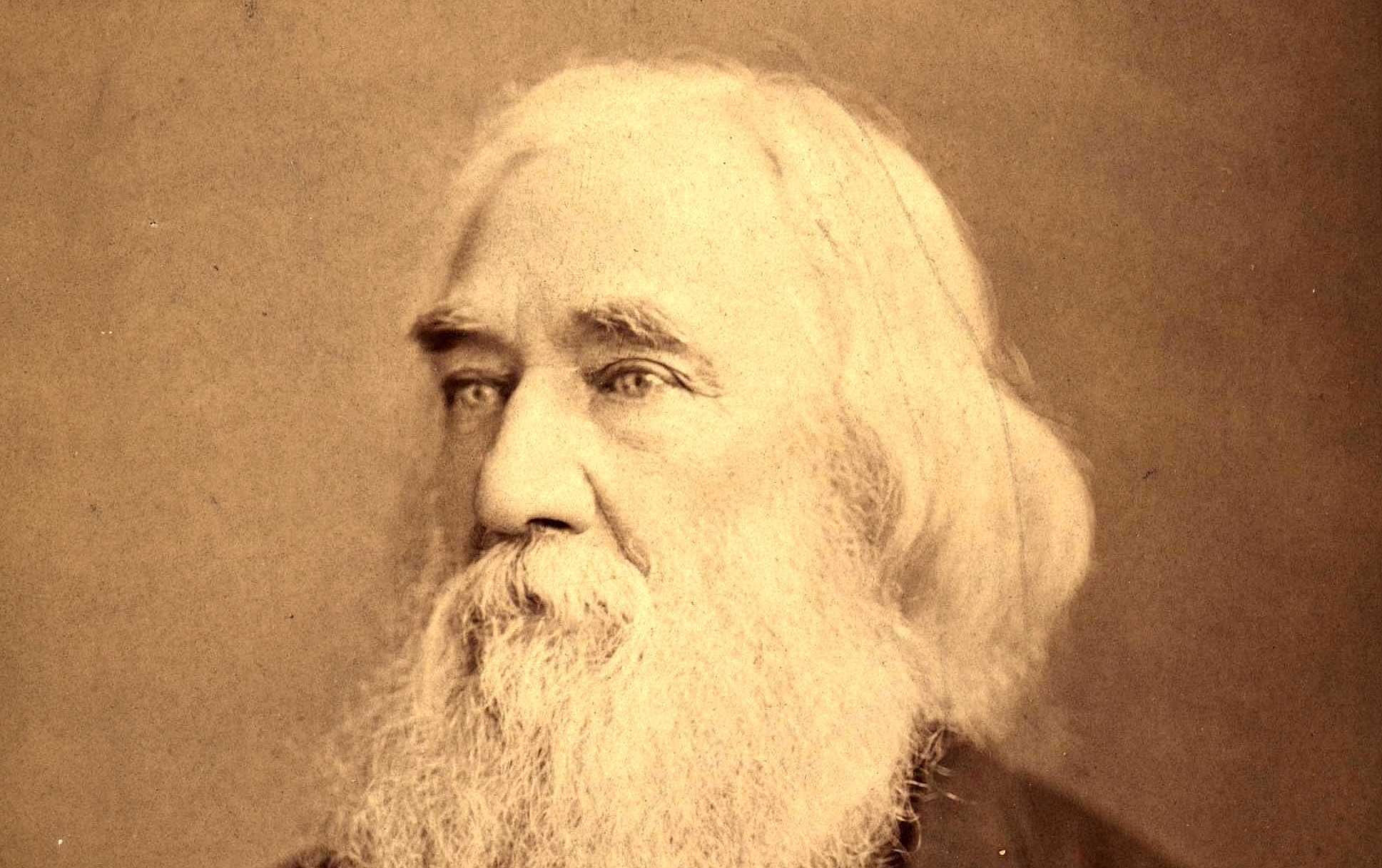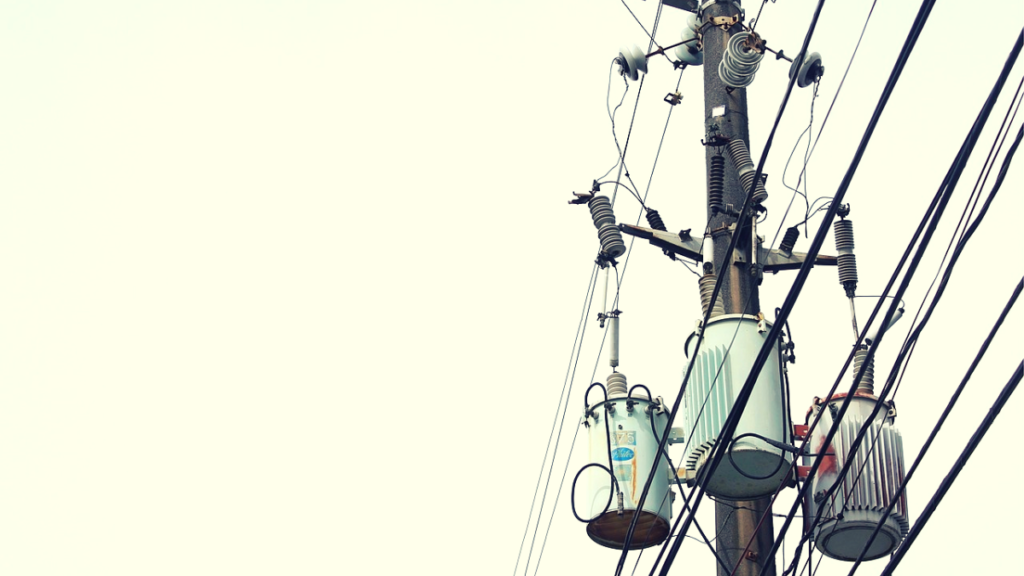Tag: monopoly


Harmful natural monopoly: the myth that keeps on giving
August 17, 2023 | Post
Understanding that it is governments – not free markets – that create harmful monopolies is monumentally essential in order to harbor a comprehension of basic economic principles.

Legends of Liberty: Lysander Spooner
November 18, 2021 | Post
As we witnessed during the 2020 election season, and as we are sure to witness during the upcoming holiday season, the United States Postal Service doesn’t exactly instill confidence.

Amazon is about to buy Whole Foods. Is it time to panic?
June 23, 2017 | Post
Evoking images of sinister railroad barons, scholar Lina Khan argues that antitrust officials should stop this acquisition.

How a telephone company used the government to monopolize an industry for decades
March 3, 2017 | Post
“Oh for the days of Ma Bell!” is not a lament we’re likely to hear. And for good reason. Before the breakup of AT&T, America’s telephone system was a government-sanctioned monopoly characterized by stagnant service offerings, high costs, and a glacial pace of consumer-facing innovation. So it was distressing when a federal appeals court engaged […]

The robber barons weren't robbers. Here's why.
January 5, 2017 | Post
Among the great misconceptions of the free economy is the widely-held belief that “laissez faire” embodies a natural tendency toward monopoly concentration.

The imperfect assumptions of perfect competition
December 13, 2016 | Post
“I learned in economics that in ‘perfect competition’ profits are zero, so any actual profits come from some kind of monopoly power. So how could profits be good?”

Why Addressing America's "Monopoly Problem" Would Be a Problem
July 20, 2016 | Post
Senator Elizabeth Warren recently delivered a speech in Washington entitled “America’s Monopoly Problem,” and it could completely change the way we live our lives. That’s because if she is chosen by Hillary Clinton to be the Vice President and if Clinton defeats Trump, this could be a signal of what is to come with respect to antitrust activity […]

Discussion Question: Pharmaceutical Regulation
January 8, 2016 | Post
What is the best way, if at all, for medication to be regulated? How do you balance the right of consumers to purchase what they want with protection of consumers from dangerous or fraudulent medical treatments? Be sure to check out this video on the current government monopoly on prescription drug approval.

